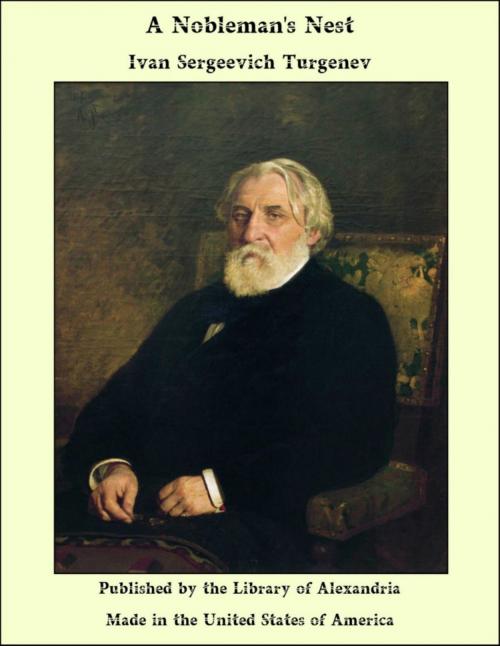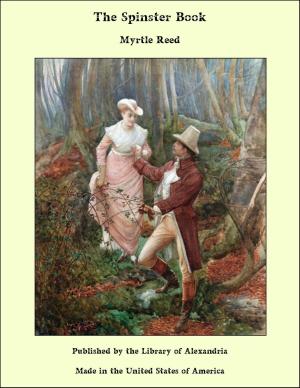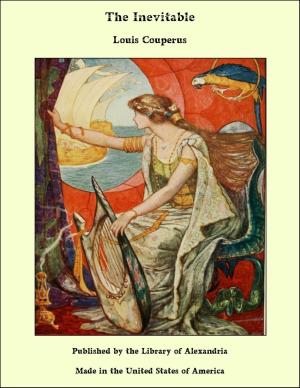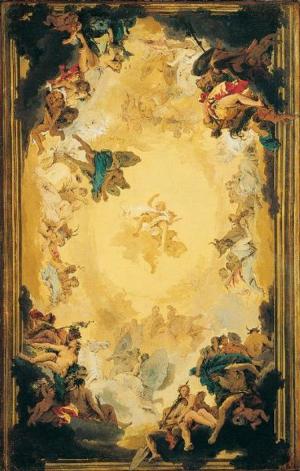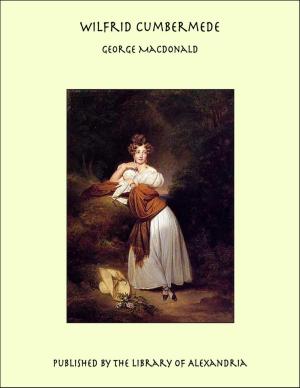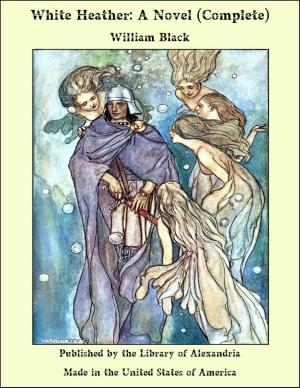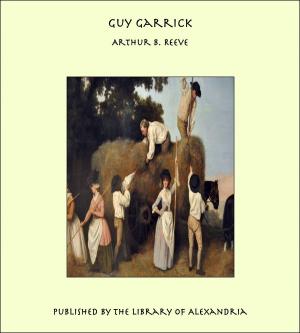| Author: | Ivan Sergeevich Turgenev | ISBN: | 9781465589644 |
| Publisher: | Library Of Alexandria | Publication: | July 29, 2009 |
| Imprint: | Language: | English |
| Author: | Ivan Sergeevich Turgenev |
| ISBN: | 9781465589644 |
| Publisher: | Library Of Alexandria |
| Publication: | July 29, 2009 |
| Imprint: | |
| Language: | English |
In her youth, Márya Dmítrievna had enjoyed the reputation of being a pretty blonde, and at the age of fifty her features were not devoid of attraction, although they had become somewhat swollen and indefinite in outline. She was more sentimental than kind, and even in her mature age she had preserved the habits of her school-days; she indulged herself, was easily irritated, and even wept when her ways were interfered with; on the other hand, she was very affectionate and amiable, when all her wishes were complied with, and when no one contradicted her. Her house was one of the most agreeable in the town. Her fortune was very considerable, not so much her inherited fortune, as that acquired by her husband. Both her daughters lived with her; her son was being educated at one of the best government institutions in Petersburg. The old woman, who was sitting by the window with Márya Dmítrievna, was that same aunt, her father’s sister, with whom she had spent several years, in days gone by, at Pokróvskoe. Her name was Márfa Timoféevna Péstoff. She bore the reputation of being eccentric, had an independent character, told the entire truth to every one, straight in the face, and, with the most scanty resources, bore herself as though she possessed thousands. She had not been able to endure the deceased Kalítin, and as soon as her niece married him, she retired to her tiny estate, where she lived for ten whole years in the hen-house of a peasant. Márya Dmítrievna was afraid of her. Black-haired and brisk-eyed even in her old age, tiny, sharp-nosed Márfa Timoféevna walked quickly, held herself upright, and talked rapidly and intelligibly, in a shrill, ringing voice. She always wore a white cap and a white jacket.
In her youth, Márya Dmítrievna had enjoyed the reputation of being a pretty blonde, and at the age of fifty her features were not devoid of attraction, although they had become somewhat swollen and indefinite in outline. She was more sentimental than kind, and even in her mature age she had preserved the habits of her school-days; she indulged herself, was easily irritated, and even wept when her ways were interfered with; on the other hand, she was very affectionate and amiable, when all her wishes were complied with, and when no one contradicted her. Her house was one of the most agreeable in the town. Her fortune was very considerable, not so much her inherited fortune, as that acquired by her husband. Both her daughters lived with her; her son was being educated at one of the best government institutions in Petersburg. The old woman, who was sitting by the window with Márya Dmítrievna, was that same aunt, her father’s sister, with whom she had spent several years, in days gone by, at Pokróvskoe. Her name was Márfa Timoféevna Péstoff. She bore the reputation of being eccentric, had an independent character, told the entire truth to every one, straight in the face, and, with the most scanty resources, bore herself as though she possessed thousands. She had not been able to endure the deceased Kalítin, and as soon as her niece married him, she retired to her tiny estate, where she lived for ten whole years in the hen-house of a peasant. Márya Dmítrievna was afraid of her. Black-haired and brisk-eyed even in her old age, tiny, sharp-nosed Márfa Timoféevna walked quickly, held herself upright, and talked rapidly and intelligibly, in a shrill, ringing voice. She always wore a white cap and a white jacket.
